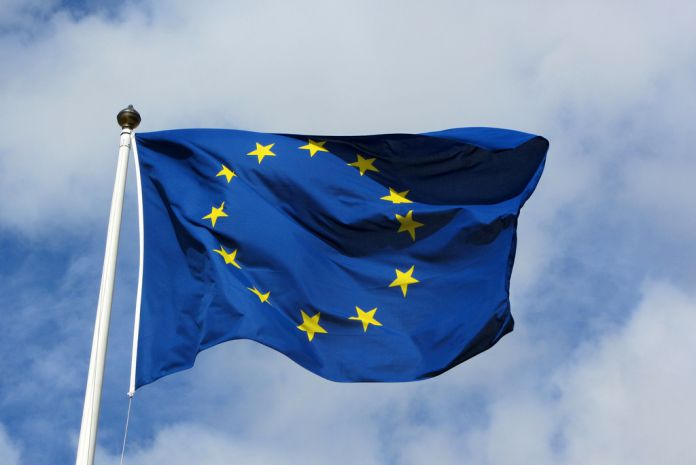Google Bard is an experimental AI chatbot that can engage in humanlike conversations and collaborate creatively with users. Bard is now available in limited preview for users in the United States and the United Kingdom. However, if you live in the European Union, you won’t be able to try it out anytime soon.
Bard is not available in the EU due to potential GDPR concerns. The General Data Protection Regulation (GDPR) is a law that protects the privacy and personal data of EU citizens. It requires companies to obtain consent from users before collecting and processing their data, and to provide them with the right to access, correct, delete, or transfer their data.
Bard, and other chatbots powered by large language models such as ChatGPT and Microsoft’s Bing Chat, rely on massive amounts of data to generate responses. Some of this data may contain personal or sensitive information that could violate the GDPR if not handled properly. For example, Bard may inadvertently reveal or store the identity, location, preferences, or opinions of its users.
Google has not specified what exactly are the GDPR issues that prevent Bard from launching in the EU, but it may be related to the transparency and accountability of its AI system. The GDPR requires companies to explain how their AI systems work and how they make decisions that affect users. Bard, however, may not be able to provide such explanations, as its responses are based on complex and opaque neural networks that are hard to interpret or audit.
Google may also face challenges in ensuring that Bard complies with the GDPR principles of data minimization, purpose limitation, and accuracy. These principles require companies to collect and process only the data that is necessary, relevant, and accurate for their specific purposes. Bard, however, may collect and process more data than needed, use it for purposes other than those intended by the users, or generate inaccurate or misleading responses.
Google says that it is working on resolving the GDPR issues and hopes to make Bard available in the EU soon. Until then, EU users will have to wait or use alternative chatbots. You can check out Google’s list of 180 countries and regions where Bard is now available, with EU countries missing. The chatbot is available in US English, Japanese, and Korean, with the company planning to expand with an additional 40 languages soon.
Growing Google Bard and Avoiding a Regulatory Minefield
Google Bard is powered by a lightweight and optimized version of LaMDA, Google’s research large language model (LLM). LaMDA can generate natural and coherent responses to any kind of text input, such as questions, commands, or prompts.
Bard is designed to help you boost your productivity, accelerate your ideas and fuel your curiosity. Bard is not a search engine like Microsoft’s Bing Chat, but a direct interface to an LLM. However, you can easily visit Google Search to check Bard’s responses or explore sources across the web. You can click “Google it” to see suggestions for queries, and Search will open in a new tab.
Google has continued to improve Bard and make it more available, including a recent expansion to bring the chatbot to the Workspace productivity suite. It is worth noting Bing Chat and ChatGPT are available in the EU, although Italy has banned ChatGPT over privacy concerns. The Italian Data Protection Authority has ordered OpenAI to stop providing the chatbot in the country.
In its decisions, the data regulator argues ChatGPT does not comply with GDPR, but ChatGPT has not been banned more widely in the European Union. Although, Germany is reportedly considering issuing a similar block on the popular chatbot.




